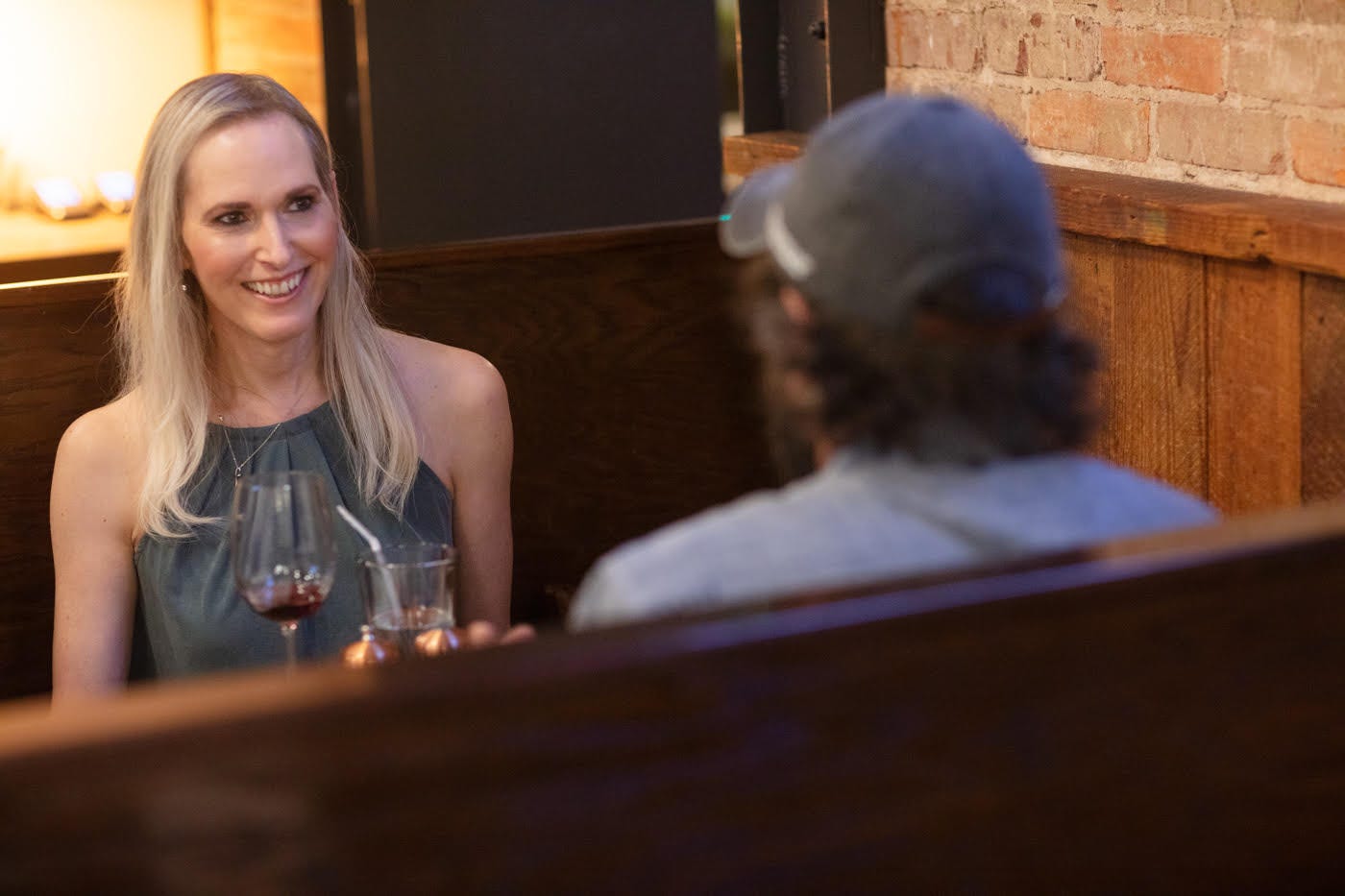Who we always were: the girl next door
Part one of a monthly series on transgender lives in rural America

At first blush, a cisgender person writing about their perspective on *transgenderism comes across as ‘splainin’. You know, like mansplainin’, whitesplainin, and now cissplainin’.
“Splainin’” (for those who need an explanation) is ignorant, self-righteous, condescending, and usually unsolicited. It’s offered by someone wallowing in …
Keep reading with a 7-day free trial
Subscribe to J. Carrol Sain to keep reading this post and get 7 days of free access to the full post archives.
